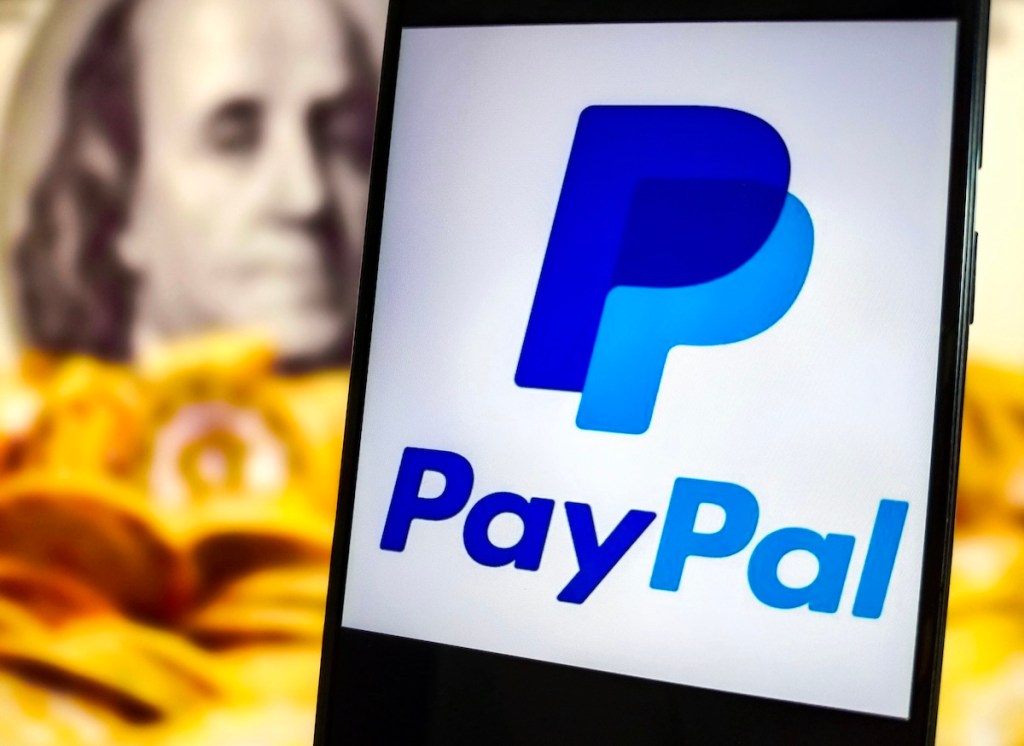 Image Credits: Bryce Durbin / TechCrunch
Image Credits: Bryce Durbin / TechCrunch
Open banking — where traditional banks can share data, and build new services, by way of APIs that bring their ageing systems into the 21st century — has seen its biggest traction to date in mature economies, where the vast majority of consumers and businesses already have bank accounts; are au fait with digital transactions; and are receptive to trying out new approaches to everyday problems if that can save them time and money.
But with even the most advanced markets still seeing very slow adoption — in the U.K., for example, only 11% of consumers, and 18% of small businesses, have ever used open banking — some are betting that the real promise for these new services lies in developing economies.
Prometeo, a startup out of Uruguay building channels to enable open banking across Latin America, is today announcing that it has picked up $13 million in funding to expand its business. Valuation is not being disclosed but the company says the round is at a “standard” dilution for Series A, meaning it’s now likely valued at just under $100 million.
Since its founding in 2018, Prometeo has grown so far on relatively lean funding. Prior to this round, it had raised only around $6 million, says co-CEO and co-founder Ximena Aleman, who previously worked as a journalist covering the media and tech industries before taking a turn to fintech.
Perhaps in keeping with the unlikely roots of its CEO, Prometeo is also taking an untraditional route to growth.
A lot of open banking these days focused on national rollouts — not least because banking conventions and regulations are often very localized. Prometeo is taking a different course and tackling Latin America and its extensive fragmentation as a single market, and using a single API to do so.
Under that one API, so far, it has turned on some 350 channels across 283 financial institutions in 10 countries. Brazil and Mexico are its two biggest at the moment, as well as being the biggest fintech markets in the region overall. And its most popular services so far mirror those that have also found traction elsewhere: account-to-account payments and account validation, and (for businesses) cash management, said Aleman, who shares the CEO job with co-founder Rodrigo Tumaián.
The plan is to bring on more users, add more services and expand to further geographies, she added, with revenues growing 10x in the last two years (the startup is not disclosing actual revenue numbers).
All the same, the challenges facing companies in open banking in the region are significant, starting with the fact that Latin America, overall, is well behind more mature markets like Western Europe and the U.S. when it comes to financial services.
Bank account penetration is estimated to be around 70%, and while that is showing growth, it’s still behind the high 90+ percentages of countries in other regions where open banking has launched and taken off.
“There is a lot of improvements still to be made for financial inclusion,” admitted Aleman, who describes daily transactions among most businesses and consumers as “mostly cash-based.”
Looked at differently, though, this could also spell opportunity. In more established markets, one of the biggest competitive roadblocks is the ubiquity of existing payment rails — specifically those run by the likes of major credit networks like Visa. That challenge, at least, is smaller in Latin America. (It’s not the only company that believes that open banking has a big role to play in financial services in the future: Last year, the open banking startup Ivy raised funding specifically to expand to Latin America; and Christine wrote here extensively on Finerio, an ambitious open banking startup out of Mexico.
The companies backing Prometeo in this round underscore not just who wants to grow their business in the region, but who believes open banking could help them get there. Antler Elevate, a firm with roots in Asia Pacific, is leading the round, with PayPal Ventures, Samsung Next, DN Capital, Cometa and Magma Partners participating.
PayPal and Samsung Next, it should be noted, are not yet working with Prometeo on services, but backing the startup signals their intentions and interests. PayPal has been putting down roots via investments into local startups for years in the region. One of the biggest was back in 2019, when it made a $750 million investment into marketplace MercadoLibre. More recently, last year it led a $14 million round into nocnoc, a Latin America cross-border commerce specialist. It also owns the point-of-sale payments company Zettle, which has been making very big inroads into Latin America for years now.
Samsung, meanwhile, is the region’s biggest mobile phone vendor, with a market share of more than 40%.
In both of these cases, there is a clear interest in having a key partnership, and an early seat at the table, in an area that could potentially become big, even if it is not right now. Digital wallets, including mobile wallets — which both companies are betting will play a big part in how people transact in the future — are still a very small part of the commerce pie in the region, accounting for just 10% of all transactions as of 2020.
But the progress the startup has made, and the interest it has generated among the biggest players in banking in the region — with partners such as Citi, Santander, J.P. Morgan, Vtex and many local players — has led to investors taking notice.
“Prometeo, with its simple single API, provides banks and financial institutions access to payments and data throughout the entirety of Latin America,” said Fady Abdel-Nour, a partner at Antler Elevate, in a statement. “We are excited to partner with Ximena and Rodrigo to build a company that’s not just advancing technology, but also empowering businesses to reach new heights of success.”



